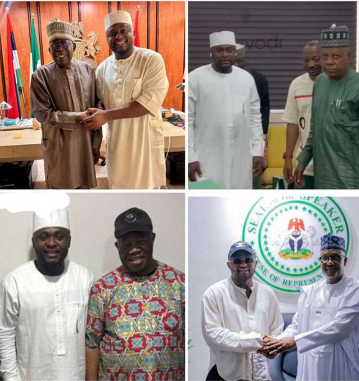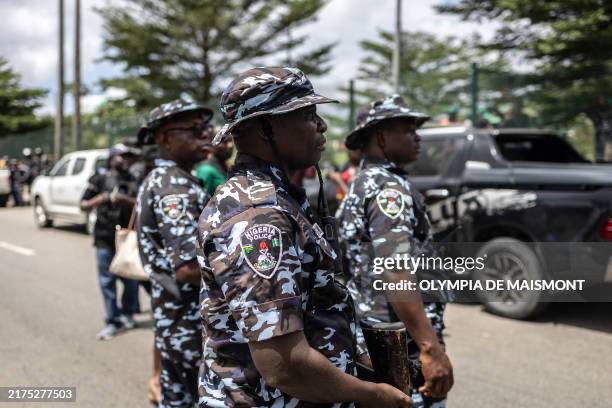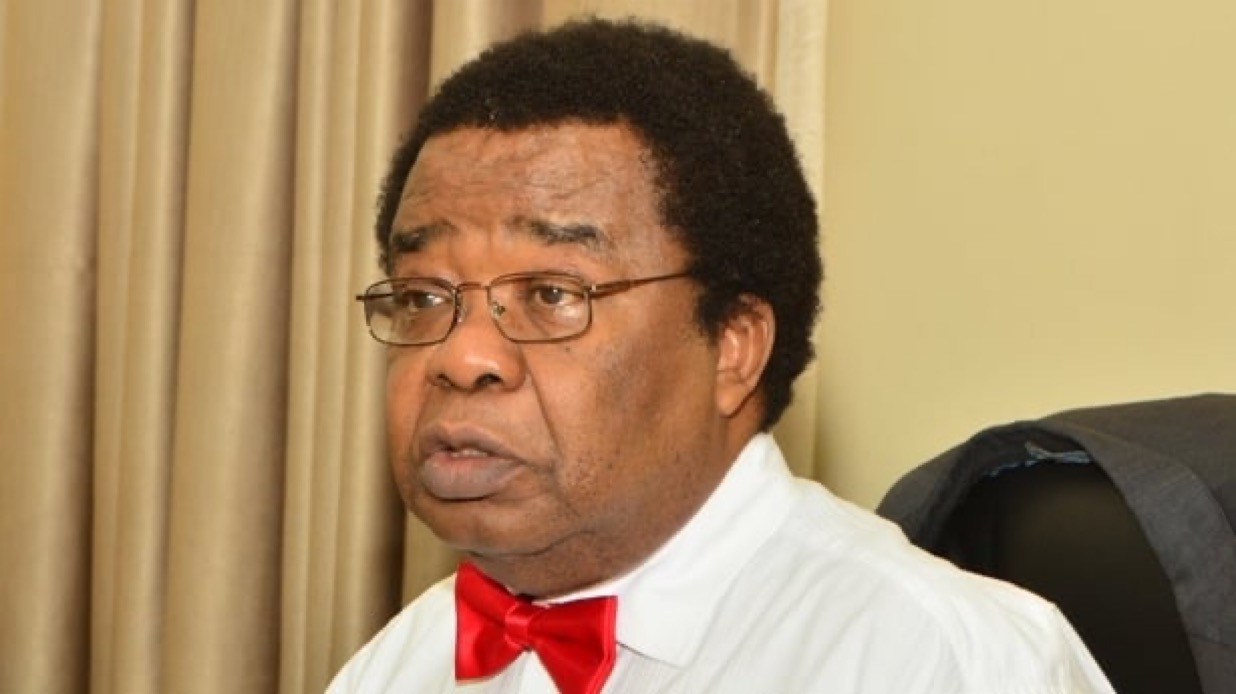
‘I No Send Una’: Ubi Franklin Claps Back at Critics After Historic Presidential Collage

In a bold and unapologetic response to a wave of criticism, Nigerian music executive Ubi Franklin has made headlines once again, this time not for his work behind the scenes of the entertainment industry, but for his high-profile meetings with Nigeria’s top political figures. Franklin, who shared a collage showing him with Nigeria’s current and past presidents and vice presidents, addressed the backlash he has received with a tone that was equal parts defiant and resolute.
The outspoken talent manager and entrepreneur didn’t mince words in his response, which quickly began trending across social media platforms. Posting from his verified account @ubifranklin1, Franklin addressed what he described as years of public misunderstanding, misrepresentation, and outright abuse. Yet, this time, it was his political proximity that riled up critics. His apparent closeness to Nigeria’s power structure – including the president and vice president – sparked reactions ranging from admiration to outrage.
“If anyone of you here get the opportunity to meet even your local Government chairman, I am sure you will be open to it, let alone a president,” Franklin wrote, firing back at those questioning his intentions and integrity. “If I get another opportunity to meet Mr. President I'll do it again and again.”
In an age where celebrities often tread carefully around political affiliations, Franklin’s open declaration of his loyalty to the All Progressives Congress (APC) was both rare and provocative. “I have never hidden that I am a full member of The APC,” he said, confronting accusations of opportunism and political double-dealing head-on. “People criticize you for what they will do if they were in your shoes.”
The criticism, he implies, is drenched in hypocrisy. In a country where political proximity is often linked to personal gain or betrayal of public interest, Franklin’s visible embrace of the ruling party has clearly touched a nerve. But the music executive insists his actions are nothing more than what any average citizen would leap at, given the chance.
The now-viral collage, which Franklin called “the Most Powerful collage of all time,” features him with key figures from Nigeria’s political elite. Whether one sees it as a celebration of influence or a symbol of alignment with power, the image speaks volumes in a nation where access often equates to privilege.
For Franklin, however, the moment was deeply personal. It wasn’t just a matter of shaking hands with leaders; it was about being unapologetically himself in an era when public opinion can make or break reputations. “Una go Dey alright,” he ended his message, a Pidgin-English phrase that can be roughly translated as “You all will be fine,” underscoring his dismissiveness of the negativity hurled his way.
Franklin’s reaction is emblematic of a broader tension in Nigerian society – the distrust between public figures and the masses, particularly when it comes to perceived political affiliations. The entertainer’s response reveals a man unbothered by public disapproval, yet deeply aware of the optics and implications of his relationships.
While many fans continue to respect Franklin for his achievements in the entertainment world – from managing top acts to building an impressive portfolio of ventures – his political stance has opened up a new chapter of scrutiny. Yet, his unwavering stance has earned him praise in certain quarters, especially among those who believe it is time for creatives and business leaders to openly engage in politics.
In many ways, Ubi Franklin’s story is one of survival in the public eye. From personal scandals to business rivalries, he has weathered storms that would have silenced others. And now, faced with criticism over political affiliations, he has chosen confrontation over concession. Rather than issue an apology or offer an explanation wrapped in diplomacy, Franklin doubled down, reinforcing his political allegiance and scoffing at the outrage it provoked.
This development also throws light on the evolving relationship between Nigerian celebrities and politics. As the lines between governance and entertainment blur, more figures from the creative industry are stepping into political conversations, either through endorsements, appointments, or associations. Franklin’s collage could easily be seen as symbolic – not just of his journey, but of the gradual merging of influence from different spheres in Nigeria.
As the social media space continues to buzz with debates, retweets, and think pieces about the implications of Franklin’s post, one thing is certain: he has, once again, inserted himself into the heart of national discourse. Whether you agree with him or not, Franklin’s message is clear – he is not seeking validation, and he won’t be swayed by public pressure.
At a time when silence is often the default response to controversy, Ubi Franklin has chosen the microphone. And with that choice, he has reminded everyone that he’s not just a manager of stars; he’s a headline-maker in his own right.
Only time will tell whether this move strengthens his influence or alienates parts of his fanbase. But one thing is for sure: Ubi Franklin has made it known that he will continue to stand by his decisions – with or without public approval.


